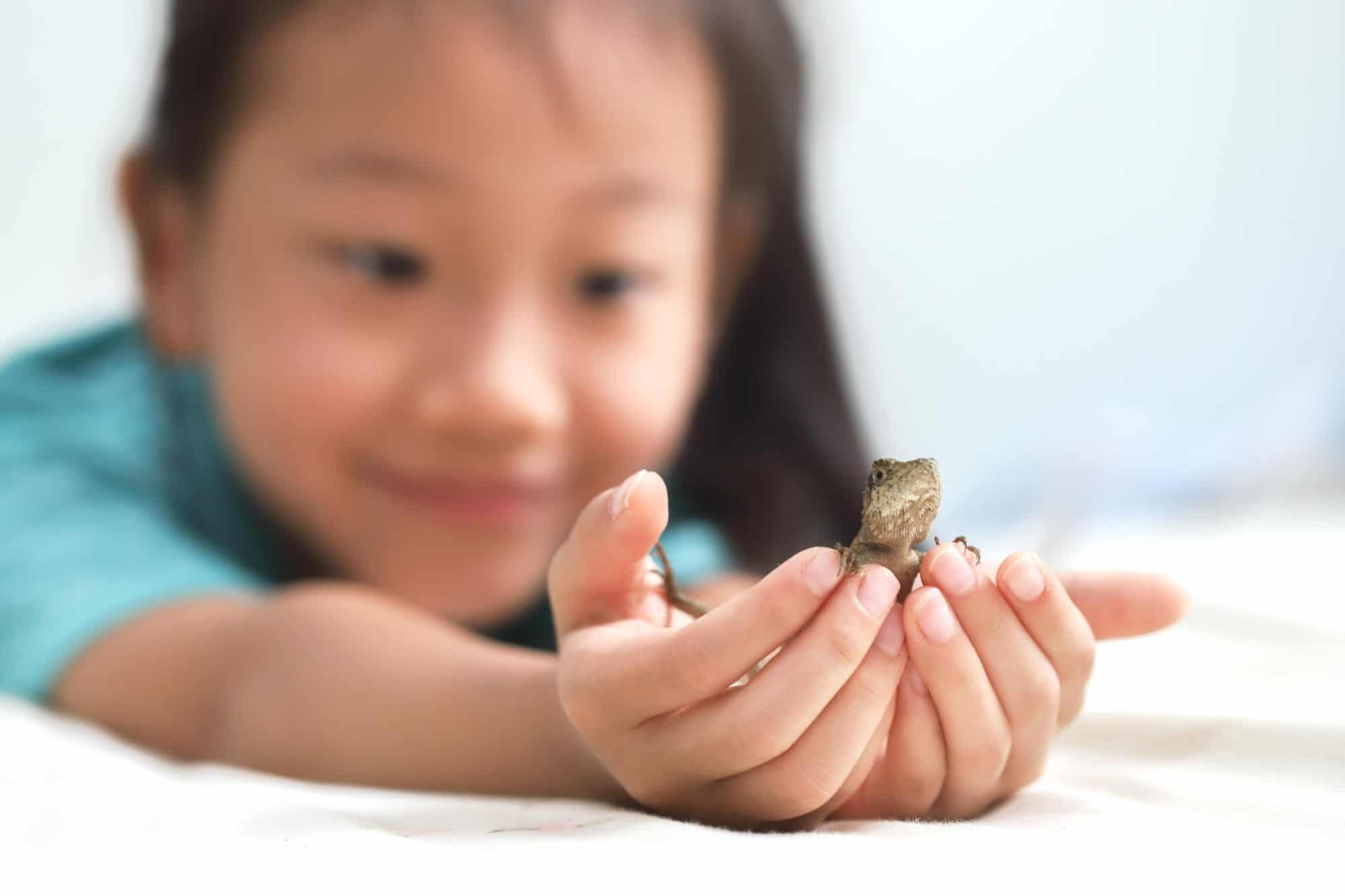Zoonotic Diseases: Understanding the Risks to Exotic Pet Owners and How to Minimize Them


If you have exotic pets and you’ve never heard the word “zoonosis” before, then pay close attention. This blog is definitely for you!
Zoonosis, zoonotic pathogen, and zoonotic disease are all terms that describe an infection that can pass between animals and humans.
Examples of Exotic Zoonotic Diseases
Pets like reptiles and avians come with their own specific care needs, and they come with some exotic pet health risks as well. Rabies is a well-known illness with high pet-human transmission risk, but thankfully vaccination can help prevent the spread between and among essentially all mammals. But what about pets beyond dogs and cats–and those who aren’t mammals at all?
The following is a list of exotic pet-related infections that you should know about:
- Bird Flu or Avian Influenza makes the news for its known spread to poultry, but there does appear to be the potential to spread to humans. Thus far, conjunctivitis has been the reported human symptom.
- Campylobacter is a mouthful that, unfortunately, can be spread just that way: fecal-oral transmission from pets like rabbits and ferrets (dogs and cats, too). The very young, the elderly, and the immuno-compromised are most at risk for severe diarrhea, vomiting, and fever from Campylobacter infection.
- Salmonella is often associated with raw cookie dough, but reptiles and amphibians can carry the bacteria in their digestive tracts and spread it to us through skin contact, their habitats, and their food and water containers. Similar to Campylobacter, some people are more susceptible to severe GI symptoms.
- Ringworm is a fungal skin infection that guinea pigs, rabbits, and many different pets can spread to us via direct contact or from their bedding and toys. After contact, scaly round rashes can spread all over the body.
- An unfortunately wide array of intestinal parasites can be spread to us from all sorts of pets.
The Centers for Disease Control and Prevention has a larger list that you may want to refer to as an exotic pet owner.
How Hygiene Helps
We know that exotic pet owners love their companion animals just like dog and cat owners do. This means that they handle, show affection, and spend play time with their bearded dragons, macaws, or hedgehogs the same way that some families do with puppies and kittens. We’re all for bonding and socialization, but exotic pet hygiene practices are vital to keeping your household healthy and safe.
The top recommendation would be to thoroughly wash your hands after any contact with your pet–any pet! This is especially true before you consume food, apply makeup, and place or remove your contact lenses. Teach your children this healthy habit, too.
If you change bedding, disinfect toys, and clean terrariums regularly, you’ll decrease the chances that your pet will get sick and spread illness to you. Check with us about the best ways to clean your exotic pet’s housing, bedding, and perches. Vinegar and bleach can be safe in proper dilution, but not for all sorts of exotics or pocket pets. We’re happy to talk through this during an appointment for exotic pet wellness care.
Some diseases or infections we can examine and test for during this appointment as well. The most common test we’ll run is a fecal exam for intestinal parasites. The day before your appointment, line your bird’s cage with clean paper, add fresh litter to your ferret’s box, or check your reptile’s terrarium for a fresh stool sample. Bring that fresh sample in a sealable baggie to your appointment, and we’ll take care of the rest! If we detect a parasite infestation, we can prescribe treatment, and we can talk about prevention for the future, too.
At Animal Care Unlimited, we really mean that–our care is not limited to only dogs and cats! You can call us at (614) 766-2317 for your “conventional” and “unconventional” pet health care needs. We look forward to hearing from you!
